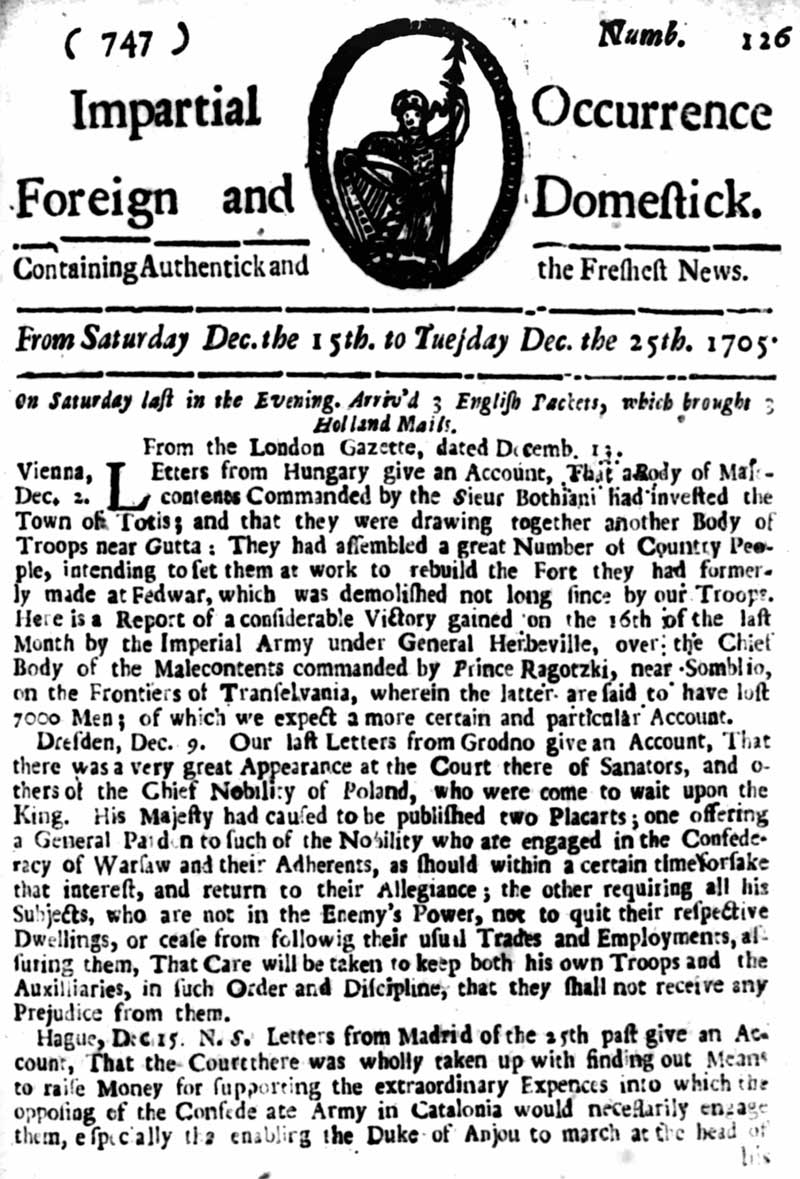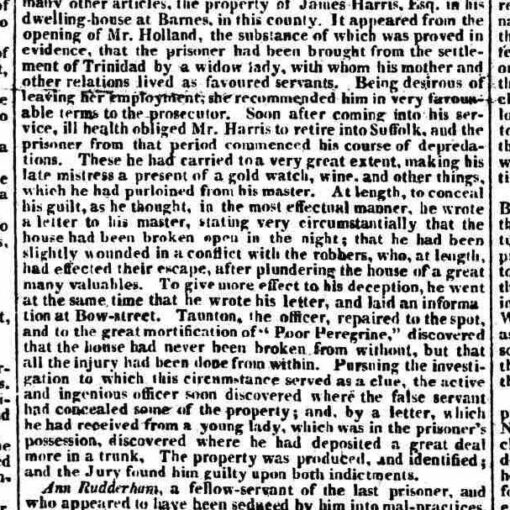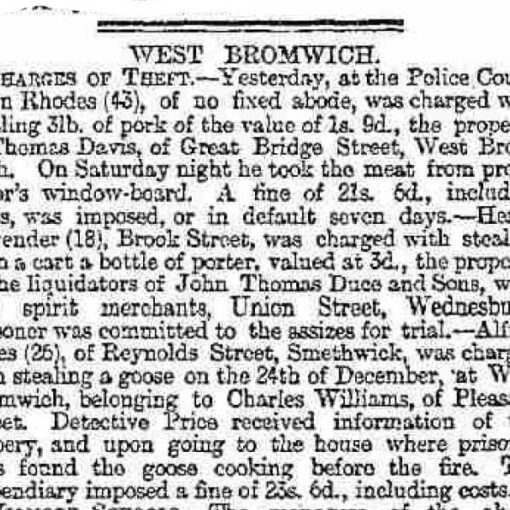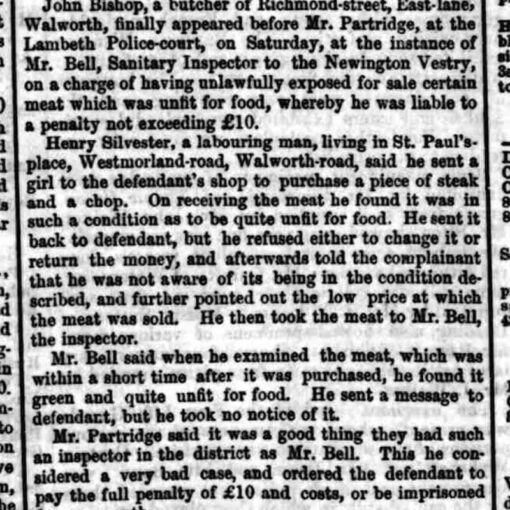
In December 1705, Britain was involved in the War of the Spanish Succession (1701–1714). This conflict arose from disputes over who should succeed to the Spanish throne after the death of the childless Charles II of Spain in 1700.
The war pitted two major alliances against each other:
- The Grand Alliance, which included Britain, the Dutch Republic, the Holy Roman Empire, and other European powers, aimed to prevent the union of France and Spain under one monarchy.
- The Bourbon Alliance, led by France and Spain, supported the claim of Philip of Anjou, a grandson of Louis XIV of France, to the Spanish throne.
Key British figures during the war included John Churchill, Duke of Marlborough, who achieved significant victories for the Grand Alliance. In December 1705, Britain and its allies were engaged in various campaigns, particularly in the Low Countries and Spain, as part of their broader strategy to contain French power.
The War of the Spanish Succession (1701–1714) ended with a series of treaties, most notably the Treaty of Utrecht (1713) and the Treaties of Rastatt and Baden (1714). These agreements reshaped the balance of power in Europe and had significant long-term consequences.
Table of Contents
ToggleKey Outcomes:
- Philip V Retained the Spanish Throne:
- Philip of Anjou, Louis XIV’s grandson, remained king of Spain but was required to renounce his and his descendants’ claims to the French throne. This prevented the unification of France and Spain under a single ruler, which had been the central concern of the Grand Alliance.
- Territorial Losses for Spain:
- Spain ceded several territories:
- Austria received the Spanish Netherlands (modern-day Belgium), Milan, Naples, and Sardinia.
- Britain gained Gibraltar and Minorca, securing a strategic presence in the Mediterranean.
- Savoy received Sicily (later exchanged for Sardinia).
- Spain ceded several territories:
- British Gains:
- Britain emerged as a significant power, with its naval dominance affirmed. The treaty also granted Britain the Asiento de Negros, giving it exclusive rights to supply enslaved Africans to Spanish colonies, boosting British involvement in the transatlantic slave trade.
- British trade and colonial interests expanded as part of the settlement.
- Recognition of the Hanoverian Succession:
- European powers recognised the Protestant House of Hanover as the successors to the British throne, reinforcing the Act of Settlement (1701) and excluding Catholic claimants.
- Decline of French Dominance:
- France suffered economically and militarily, with Louis XIV forced to accept terms limiting his expansionist ambitions. However, France remained a major power.
Legacy:
The war solidified Britain’s status as a dominant global and colonial power while curtailing French and Spanish ambitions in Europe. It also marked the beginning of Austria’s influence in Italy and laid the groundwork for future conflicts, as unresolved rivalries and colonial ambitions would lead to later wars.
In December 1705, British newspapers were relatively new, as the first English newspaper, the Corante, had been published less than a century earlier (1621). The press was growing rapidly, fuelled by increasing literacy, political interest, and technological advancements like movable type.
News Topics in December 1705:
- War of the Spanish Succession:
- Reports focused on military campaigns, particularly the successes of the Duke of Marlborough. Updates on battles, troop movements, and alliances were common.
- News from Europe, including the sieges, skirmishes, and negotiations, reached Britain weeks or even months after events occurred.
- Domestic Politics:
- Coverage included parliamentary debates and decisions related to funding the war effort and managing Britain’s economy.
- Discussions about taxation and trade policies, especially concerning colonial enterprises, were also prominent.
- Trade and Economy:
- Reports on trade routes, shipping news, and market prices appeared frequently. Britain’s growing maritime commerce and colonial interests were significant to the public and merchants alike.
- Notices about the arrival and departure of ships, cargo lists, and updates on piracy were common in port cities like London, Bristol, and Liverpool.
- Foreign Relations and Diplomacy:
- Articles covered the evolving alliances of the War of the Spanish Succession, emphasising Britain’s role in the Grand Alliance against France.
- Diplomatic news often highlighted Britain’s relationship with the Dutch Republic, Austria, and other allied nations.
- Local and Miscellaneous News:
- Accounts of criminal trials, executions, and other judicial matters were widely published.
- Reports about unusual events (freak weather, natural disasters, or curiosities) captured the public’s imagination.
How News Was Reported:
- Newspaper Titles:
- Prominent publications included the London Gazette (founded in 1665), The Daily Courant (the first daily newspaper, founded in 1702), and Post Boy. These papers focused on national and international news, with little local or opinionated content.
- Sources of News:
- News was often relayed from official government dispatches, foreign correspondents, and private letters. Papers heavily relied on reports from Europe, particularly Amsterdam, which was a hub for international news.
- Content and Style:
- Newspapers were generally brief, with only one or two pages. Articles often contained dense text with little formatting, focusing on factual reporting rather than analysis or commentary.
- Language was formal, and articles avoided sensationalism compared to later journalism.
- Timeliness and Accuracy:
- News could be delayed significantly due to the limitations of transportation and communication. Errors and omissions were common, as editors often relied on second-hand accounts.
- Rumors and unofficial reports sometimes made their way into the press, but official government publications like the London Gazette aimed to maintain credibility.
- Advertisements and Notices:
- Papers included advertisements for goods, services, and even lost items. Notices of auctions, ship departures, and public events were standard features.
Impact on Society:
The growing availability of newspapers in 1705 helped to inform and engage the public, fostering political awareness and discussion. While their reach was limited to literate and affluent segments of society, newspapers played a crucial role in shaping public opinion, especially about the war and Britain’s role on the global stage.
Breaking: Victory for the Grand Alliance! The Duke of Marlborough’s brilliance secures a key position in the War of the Spanish Succession. #WarOfTheSpanishSuccession #MarlboroughVictory #GrandAlliance”#WarOfTheSpanishSuccession #EuropeAtWar #1705News
Free to use British Newspaper Research Service
British newspapers offer a treasure trove of information for family historians. They capture moments in time, providing context, character, and community insight that official records cannot. With the free service provided by Old British News, this research becomes even more accessible, enabling historians to delve into rich, untold stories of their relatives. By combining these resources with other records, family historians can create a more complete and engaging picture of the past.
I search historical articles to locate mentions of your ancestors—whether they were involved in notable events or simply part of the everyday life reported in these newspapers. If relevant articles are found, I deliver them to you in a PDF format at no cost.
If I find articles, they’ll be sent to you in a clear, organised PDF. If not, you’ll be informed right away. See here.




